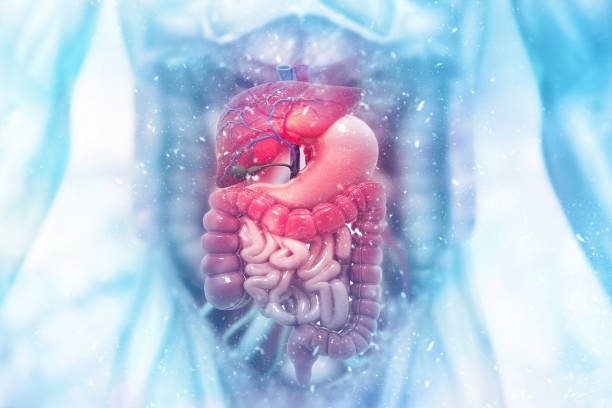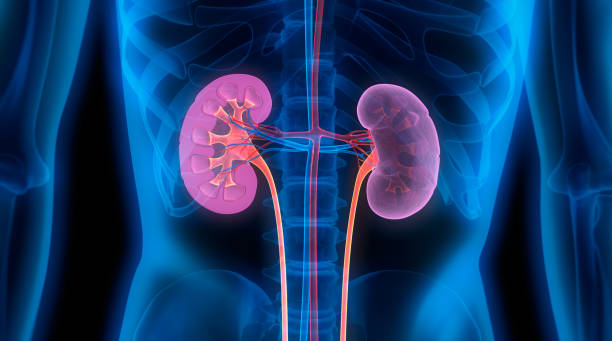Creatine Supplementation Side Effects
The Side Effects of Creatine Supplementation: What You Need to Know
Creatine supplementation is widely recognized for its potential to enhance athletic performance and muscle growth.
However, the side effects of creatine can raise concerns among users and those considering its use.
This article explores the adverse effects and risks of creatine supplementation, ensuring readers make informed decisions about its use.
Outline of the Article
- What Are the Effects of Creatine?
- Why Do People Take Creatine?
- Potential Side Effects of Creatine
- Does Creatine Affect Kidney Function?
- Can High Doses of Creatine Cause Problems?
- How Does Long-Term Creatine Use Impact Health?
- Is Creatine Safe for Everyone?
- What Is the Role of Creatine Monohydrate?
- Can Creatine Cause Muscle Cramps or Dehydration?
- What Do Studies Suggest About the Safety of Creatine?
1. What Are the Effects of Creatine?
Creatine supplementation can significantly impact physical performance. Studies suggest that creatine supplementation improves muscular strength and performance during high-intensity activities.
Creatine supplementation increases total body creatine levels, enhancing energy production in muscle cells.
Learn more about how creatine works.

2. Why Do People Take Creatine?
People take creatine supplements to improve strength, support muscle recovery, and boost athletic performance.
Creatine monohydrate, a popular form of creatine, is considered effective and safe for most users.
Athletes often use creatine to optimize their training outcomes.
Check out this guide on choosing the right type of creatine.
3. Potential Side Effects of Creatine
While creatine supplements may help performance, they can have potential side effects. Some individuals experience gastrointestinal discomfort, bloating, or diarrhea.
Research indicates that creatine supplementation does not affect fat mass but may lead to minor weight gain due to water retention.
To better understand creatine side effects, check out this comprehensive guide.

4. Does Creatine Affect Kidney Function?
The effect of creatine supplementation on kidney function has been a topic of debate.
Research indicates that creatine supplementation does not impair kidney function in healthy individuals.
However, people with pre-existing kidney conditions should consult a healthcare provider before using creatine.
For insights into creatine and kidney health, explore this detailed post.

5. Can High Doses of Creatine Cause Problems?
High doses of creatine may lead to stomach discomfort and cramping.
Studies suggest that creatine supplements may be safe when used within recommended doses, but exceeding these levels could increase the risk of adverse effects.
6. How Does Long-Term Creatine Use Impact Health?
Long-term creatine supplementation has been studied extensively. Research suggests that long-term creatine use is generally safe for healthy individuals.
However, more studies are needed to confirm its safety in specific populations, such as older adults or those with chronic conditions.

7. Is Creatine Safe for Everyone?
Creatine may not be suitable for everyone. Pregnant or breastfeeding individuals and those with underlying health issues should avoid creatine unless advised otherwise by a medical professional.
The safety of creatine supplementation in young children is also unclear.
Learn about creatine safety for teens in this guide.
8. What Is the Role of Creatine Monohydrate?
Creatine monohydrate is the most researched and commonly used form of creatine. It has been shown to increase muscle creatine stores and improve performance.
Studies suggest that creatine monohydrate is safe and effective when used correctly.

9. Can Creatine Cause Muscle Cramps or Dehydration?
Some users believe that creatine use leads to muscle cramps or dehydration. However, scientific evidence does not support these claims.
Proper hydration during creatine supplementation is essential to avoid any potential discomfort. Learn how to stay hydrated with creatine.
10. What Do Studies Suggest About the Safety of Creatine?
The safety and efficacy of creatine supplementation have been confirmed in numerous studies.
Research indicates that creatine supplementation improves performance and is well-tolerated by most individuals.
Potential side effects are generally mild and manageable.
Key Takeaways
- Creatine supplementation can improve physical performance and muscle strength.
- Side effects may include gastrointestinal discomfort, bloating, or minor weight gain.
- Kidney function is not impaired by creatine in healthy individuals.
- High doses of creatine may increase the risk of adverse effects.
- Long-term use is generally safe for healthy people.
- Creatine monohydrate is the most studied and reliable form of creatine.
- Proper hydration is essential to prevent muscle cramps or dehydration.
- Consult a healthcare professional if you have underlying health conditions or concerns about creatine use.
This article provides the information needed to understand the potential side effects of creatine.
Always use creatine responsibly to minimize risks and maximize benefits.
Works Cited
- Buford, T. W., Kreider, R. B., Stout, J. R., Greenwood, M., Campbell, B., Spano, M., ... & Antonio, J. (2007). International Society of Sports Nutrition position stand: Creatine supplementation and exercise. Journal of the International Society of Sports Nutrition, 4(1), 6. https://jissn.biomedcentral.com/articles/10.1186/1550-2783-4-6.
- Kreider, R. B., Kalman, D. S., Antonio, J., Ziegenfuss, T. N., Wildman, R., Collins, R., ... & Lopez, H. L. (2017). International Society of Sports Nutrition position stand: safety and efficacy of creatine supplementation in exercise, sport, and medicine. Journal of the International Society of Sports Nutrition, 14(1), 18. https://jissn.biomedcentral.com/articles/10.1186/s12970-017-0173-z.
- Persky, A. M., & Brazeau, G. A. (2001). Clinical pharmacology of the dietary supplement creatine monohydrate. Pharmacological Reviews, 53(2), 161-176. https://pharmrev.aspetjournals.org/content/53/2/161.short.
- Tarnopolsky, M. A. (2010). Caffeine and creatine use in sport. Annals of Nutrition and Metabolism, 57(Suppl. 2), 1-8. https://www.karger.com/Article/FullText/320290.
- Smith, S. A., & Kendall, K. L. (2001). Creatine supplementation in women’s athletics: What is the current state of play? Strength and Conditioning Journal, 23(2), 79-88. https://journals.lww.com/nsca-scj/Fulltext/2001/04000/Creatine_Supplementation_in_Women_s_Athletics__What.13.aspx.
For More Training Advice + Diet and Lifestyle visit us Combat Creatine
PS: Make sure you check out the rest of our Training Guides:
Creatine
Creatine Supplements Ultimate Guide
Creatine Supplementation Side Effects
Best Creatine Monohydrate Gummies Review: Top 10 Best Creatine Gummies












